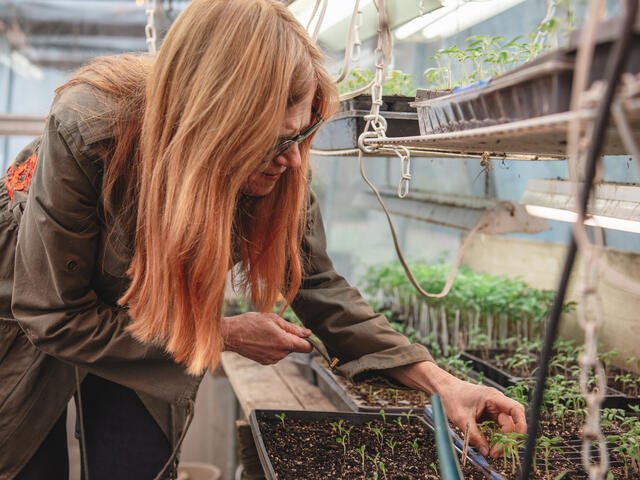Food Studies
What do world hunger, international trade, and social customs have in common? Food. The political, historical, and cultural connections of food form a complex web, which Food Studies majors seek to untangle.
Mortarboard
Degree Types
Major, Minor
Institution
Complementary Programs
Heart
Distinctive Requirements
Capstone
Document
Experiential Learning
McDaniel Commitment in Action






